Key Findings: Obesity reduces cardiorespiratory fitness (CRF), leading to decreased lung capacity and increased oxygen demands during physical...


Key Findings: Obesity reduces cardiorespiratory fitness (CRF), leading to decreased lung capacity and increased oxygen demands during physical...

Key Findings As of 2019, more than 55 million people have dementia worldwide, over 60% of whom live in low-and middle-income countries. Every year,...

Key Findings Respiratory Muscle Training (RMT) improves inspiratory muscle strength, lowers blood pressure, and improves endothelial function and...
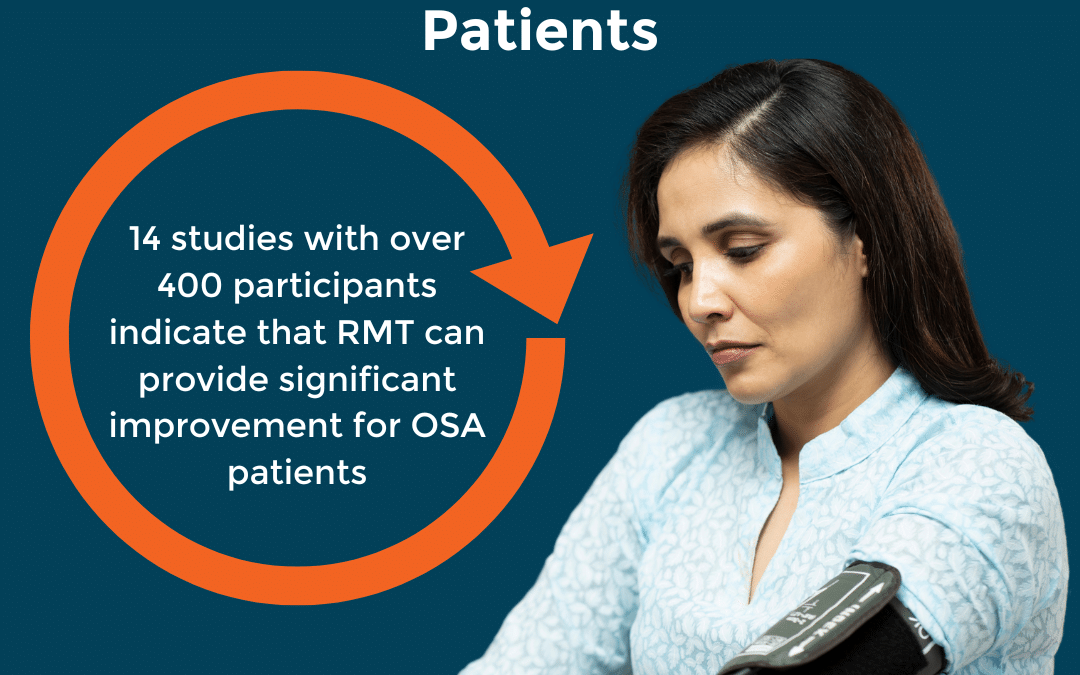
By Noman Elahi, M.Phil.CLINICAL CONTEXT AND KEY FINDINGS The cessation of sleep due to complete or partial obstruction of upper air passages is the...
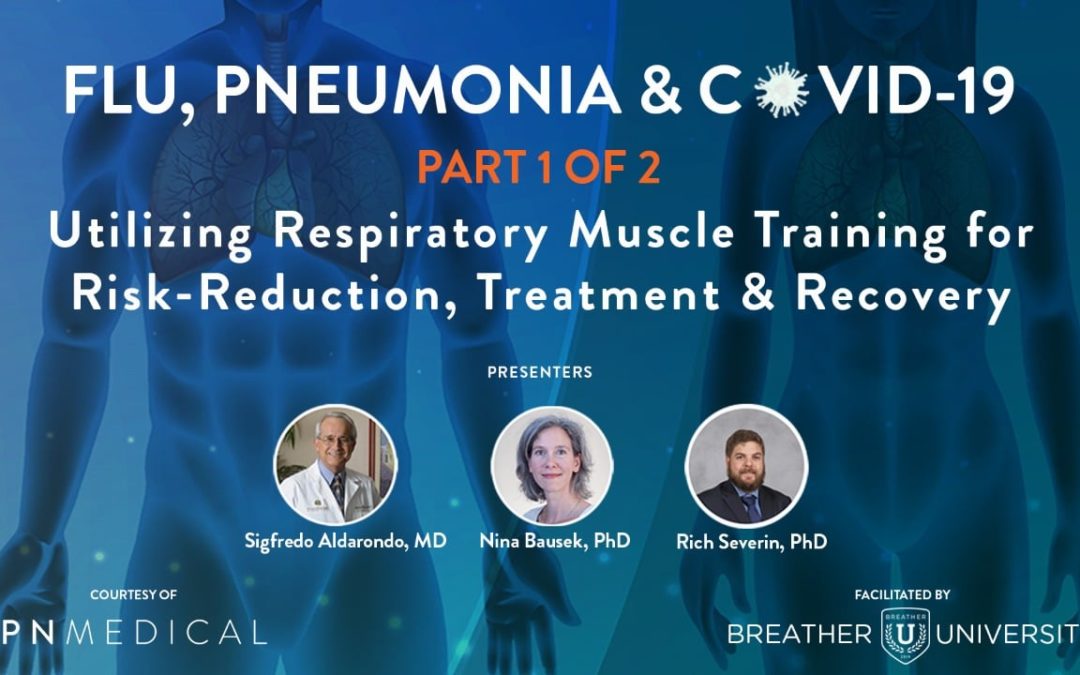
Respiratory muscles are not only critical elements for breathing, they also function as key components of the speech and swallow mechanisms, even...
HOW RMT CAN AFFECT MEMORY AND COGNITIVE DECLINE What is the connection between respiration and cognition? Cognitive impairment is prevalent in...
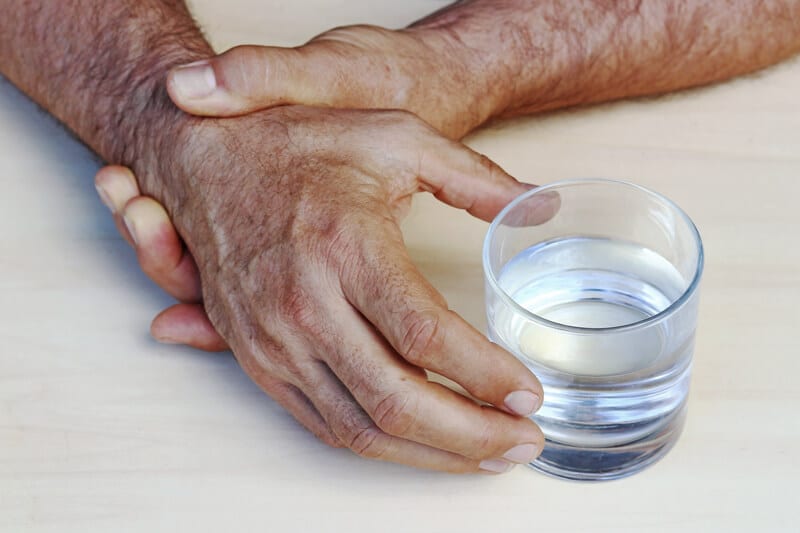
Patients with a neuromuscular disease such as Parkinson’s disease (PD) are at increased risk of aspiration pneumonia, malnutrition and reduced...
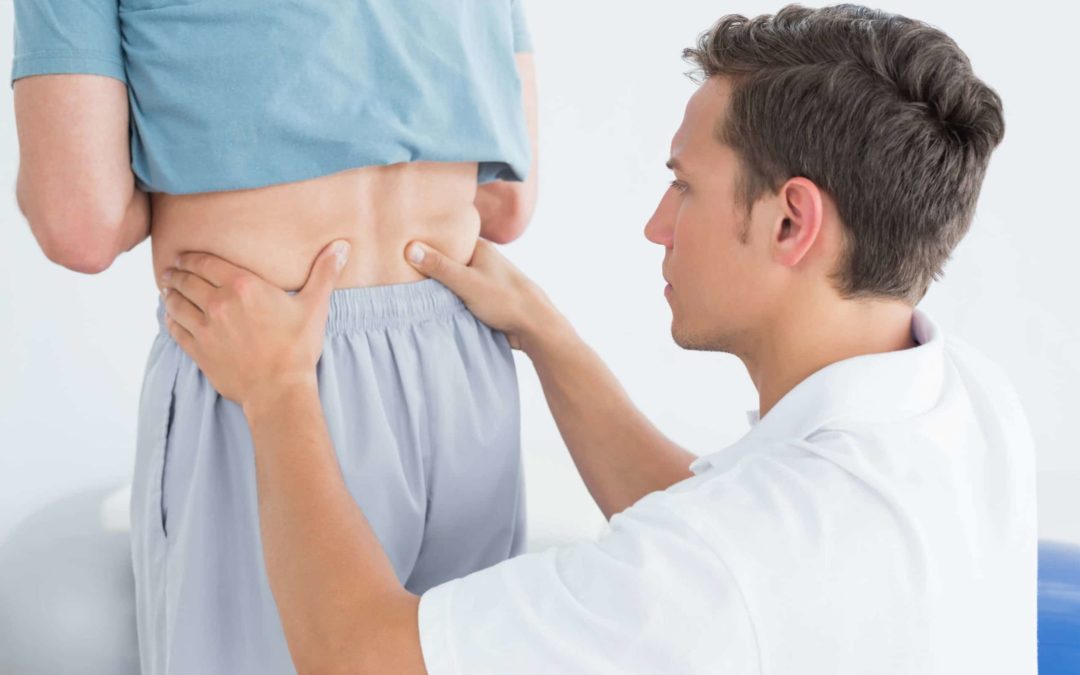
Dr. Sana Shaikh, Master student (Cardio-Respiratory Physiotherapy), Dr. Sambhaji Gunjal, Assistant Professor (Department of CardioRespiratory...

Respiratory muscle training (RMT) has proven effective in the pre- and postoperative care to prevent respiratory muscle weakness. Evidence has shown...
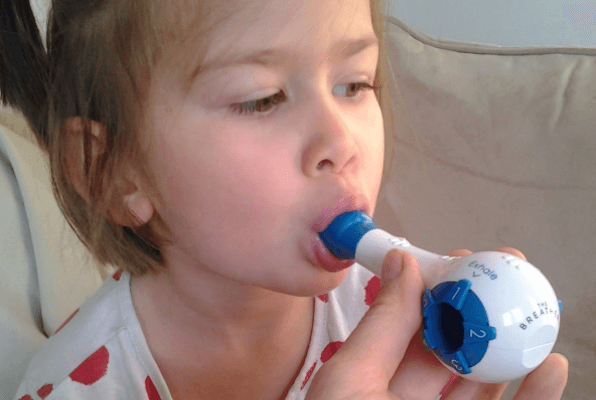
Introduction to pediatric RMT Respiratory muscle training (RMT) is an effective therapy to reverse the clinical condition of respiratory muscle...